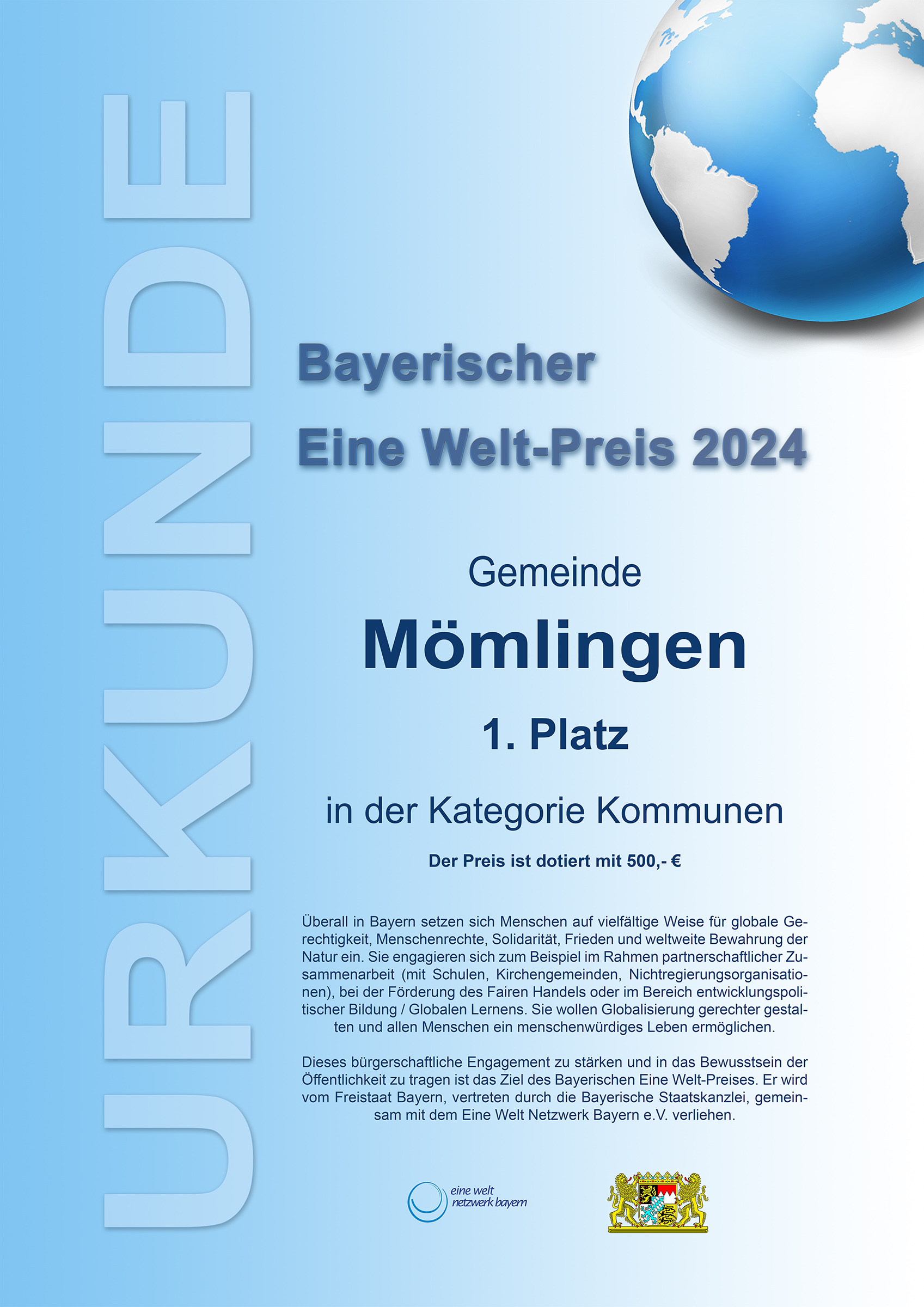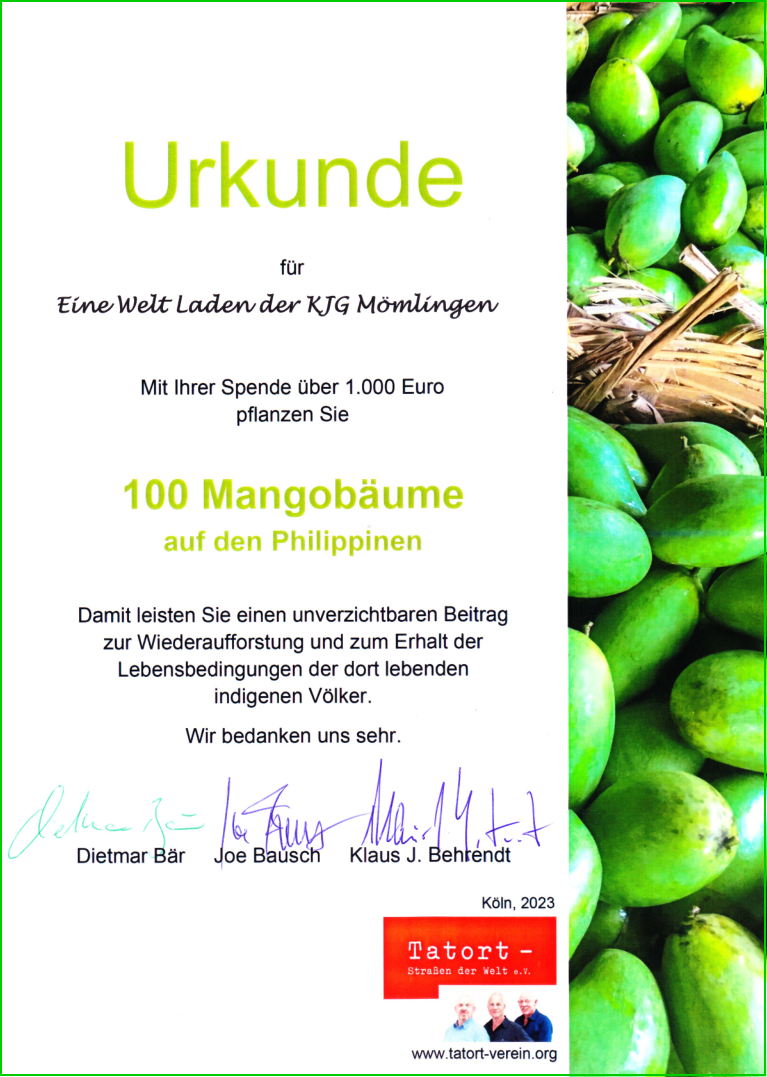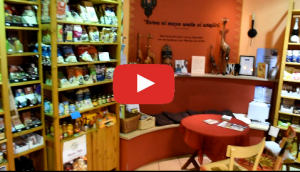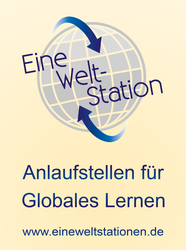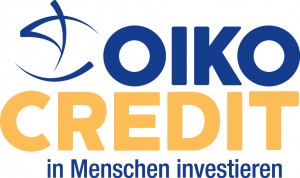Projektbeschreibung von Fth. Paternus Mtega vom 7. September 2017
1. Project Title
The name of the project is: “CONSTRUCTION OF A KINDERGARTEN AT MLANGALI PARISH”
2. Project Legal Holder
The Catholic Diocese of Njombe is the owner of the project.
Bishop’s House
Catholic Diocese of Njombe
P. O. Box 54
Njombe – Tanzania.
Tel: +255 26 2782033
+255 26 2782146
Fax: +255 26 2782402
E-mail: njombe03@gmail.com
3. Applicant
UVIKANJO
Mlangali parish
Catholic Diocese of Njombe
P. O. Box 54
Njombe – Tanzania.
4. Location of the Project
The project is located at Mlangali parish. Mlangali parish is one of the forty four (44) parishes found in the Catholic Diocese of Njombe. The parish is found within Ludewa District in Njombe Region.
The parish has 12 outstations. It is located on the south of Njombe town, the Headquarters of the region. Mlangali parish is about 100 km away from Njombe town.
The whole population of the inhabitants of Mlangali village is 2,600 people and the inhabitants are Pangwa by tribe.
With respect to the economic situation of the people in the diocese of Njombe, about 85% of the inhabitants are poor. Their daily income depends on food crops such as maize and Irish potatoes. Generally they have a hand-to-mouth economy. Hence their per capital income has dropped to less than 1US$ per day. The diocese has realized the problem and it is now making more efforts to improve the situation by introducing education and economic strengthening programmes as a way to redeem people from poverty and raise their standard of living.
5. Project Goals and Objectives
The goal of the project is to provide QUALITY EDUCATION AND FORMATION.
Project objectives:
a) To construct the kindergarten school that will consist of three classrooms, two offices, kitchen, toilets and hall.
b) To fix doors, windows, tables and seats.
The school will help:
- To lay down the foundation for good education for children so that when they start primary education they will be empowered for that and can achieve the goal.
- To provide a place where children will develop spiritually, physically, mentally, and socially. This will help them to build an ideology of faith, health, becoming behaviour, outlook and attitude.
- To provide ample time for parents to work in their fields without doubt for the safety of their children. After finishing the construction of the kindergarten, parents (especially mothers) will have more time to take part in productive activities in the fields, since they will be sure with the safety of their children who will be spending the hours of the day at the school.
- To fulfil the role of the Church, and to meet the goal of the Church of saving a human person bodily and spiritually.
6. The Justification of the Project
About 33% of the people in the rural area within the diocese are illiterate and do not have information on the changing world of science and technology. In the year 2005 the Diocese introduced the programmme known as QUALITY EDUCATION AND FORMATION. The programme aims at expanding and improving the quality of education at all levels from kindergarten to college level so as to eradicate ignorance among the people and improve life standards and also cope with the national economic policy.
The project is necessitated by the following:
- The lack of the Kindergarten school where children can get prepared for education before they start Standard One in primary school. This school is very important to these children for providing good educational foundation.
- Most of the citizens of Mlangali are peasant farmers. Parents, especially mothers, have no centres for daily children care. Therefore they have to take care of them by themselves at the same time they have to work for their income.
- To enable children of the area of Mlangali, Mlangali ndani and Lufumbu to have basic educational foundation at early stages of their life. This provides basis for good conduct of children so that at the end they become well educated and responsible citizens.
- Presently, kindergarten education is not considered by the government as necessary basic elementary education. So kindergarten schools, especially in towns, are being constructed and run at self initiative of private sectors and those who can afford are those from well-to-do families. So children from poor families of rural areas seem to have no access to such schools.
- Government scholarships are only for best students; those who succeed in having them are only children from rich families who had access to educational environment from the very early years of their life. So children from poor families cannot compete with children born from rich families, in effect, this widens the gap between the haves and the have-nots intellectually and economically.
7. Means and Resources in Project Implementation
- Personnel:
The Diocese has Architectural and Building Construction Department (known as Aedifico Construction Company Ltd). The department will carry out the construction activities of the school. - The land where the buildings will be built is already sitedand the foundation already built.
- Availability of materials:
Some building materials will be obtained at the site of the project as a local contribution. Such materials will include timbers, stones, some of the bricks and river sand.
8. The Beneficiaries of the Project
The target group of this project will be 160 children (for each year) from 3 to 5 years of age living at Mlangali and the nearby villages as direct beneficiaries.
Also the school will have small projects established for sustaining the school. There will be workers who will be employed as teaching-staff and some as non teaching-staff; these will be indirect beneficiaries of the project.
9. Project Sustainability
- Since the project is not commercial, it will be sustained by the resources from the project itself. Through ensuring that the community is involved throughout the implementation stages of the project, this will promote sense of ownership of the project to the community.
- After the completion of building activities, the UVIKANJO will establish a committee which will be entrusted with the responsibility of initiating small projects (for example, animal keeping, farming and gardening) for the sustainability of the school. The committee will be responsible for creating public awareness on the importance of project sustainability.
- Also the parish will support the project through contributions obtained through local contributions given in kind by willing people around the school.
- The small amount of tuition fee to be paid by the parents of the children studying at the school will help in sustaining the school. The tuition fee can be given in kind.
10. Financial Information
With the availability of funds, the project will take twelve (12) months to be completely implemented.
a) The Budget
The grand total cost of the project is TShs. 184.375.000/= equivalent to about 84.000 Euro, which is needed to implement the indicated project components and activities The amount required for construction activities is TShs.178375000 /=, and TShs. 5.410,000/= is required for fixing tables and seats.
b) Budget Breakdown
| BUILDING | AREA (M2) | RATE (TSH) | AMOUNT (TSH) |
| CLASSROOM BLOC | 269 | 300,000 | 80,700,000 |
| KITCHEN AND HALL | 209 | 325,000 | 67,925,000 |
| TEACHER’S HOUSE | 73 | 275,000 | 20,075,000 |
| TOILETS | 57 | 275,000 | 15,675,000 |
| TOTAL | 184,375,000 |
LOCAL CONTRIBUTION 50.000.000
AMOUNT REQUESTED 134,375,000
| SEATS AND TABLES | DESCRIPTION | QUANTITY | RATE | AMOUNT |
| OFFICE | TABLES | 8 | 50,000 | 400,000 |
| CHAIRS | 8 | 10,000 | 80,000 | |
| CLASSROOMS | PLASTIC TABLES | 160 | 6,500 | 1,040,000 |
| PLASTIC CHAIRS | 160 | 6,500 | 1,040,000 | |
| DINING HALL | TABLES | 25 | 50,000 | 1,250,000 |
| CHAIRS | 160 | 10,000 | 1,600,000 | |
| TOTAL | 5,410,000 |
LOCAL CONTRIBUTION 1.500.000
AMOUNT REQUESTED 3.910.000
c) Amount Requested from Donors
Therefore, we are kindly requesting you to support the project for the buildings TShs 134,375,000/= and for the tables and seats 3,910,000/= which will make the total amount of 138,285,000/= (equivalent to 62,856 Euro, with the exchange rate of 1 Euro being equivalent to 2,200/= Tanzanian Shillings).
We anticipate our thanks for your kind consideration.
Yours truly,
Rev. Fr. Paternus Mtega and the UVIKANJO of Mlangali Parish

